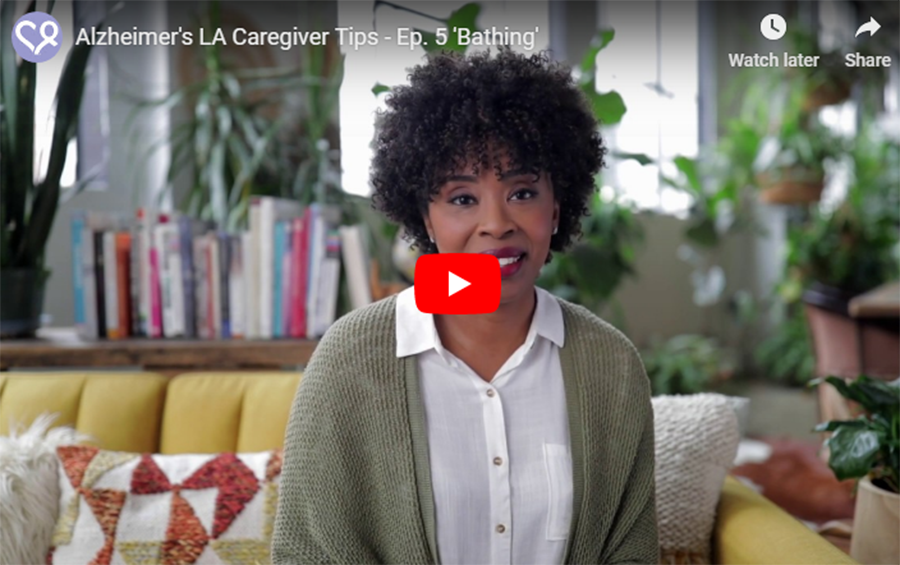Summer break is often a much-needed break for all of us – parents and kids alike. However, it is a transition nonetheless, which can be a stressful time. Even though the demands for summer are often less and the schedule offers more free time, the shift from structured days and school routines to summer freedom can be anxiety-provoking for many children, teens, and young adults, and they sometimes need time to make the mental shift and adjust.
Let’s talk about why summer transition is a thing and what we can do as parents to help ease this transition.
Summer is Disrupting the Routine
For many kids and teens, the school year provides a predictable rhythm: waking up and coming home at a certain time and having set activities throughout the week and weekends. Summer can be a time of less structure which can feel chaotic for our kids and teens.
Have you noticed that in the 1-1.5 months before the end of the school year, your child’s anxiety was slowly building? The lackadaisical summer days can also feel confusing or even isolating for kids and teens who prefer “to know”. Without the familiar structure, our kids and teens may struggle to fill their time in a meaningful way or feel aimless.
As parents, we can sit with our kids and teens during the spring and help them identify and set their summer goals, whether that’s attending a camp (or several), family vacations, or other “field” trips that you may want to take as a family. This can also be a time to gather ideas for each child’s and family’s “summer bucket list.” By giving each of your children a say in their summer schedule it gives a sense of control and balance, which ultimately reduces that summertime anxiety.
Fear of Missing Out (FOMO)
Sometimes, summer comes with some FOMO when looking at their peers’ social media and seeing their friends on vacation with other friends, participating in fabulous summer camp programs, or hanging out with large groups of friends. Teens naturally compare themselves to other teens, and let’s face it, other teens are making sure their experiences look amazing.
Parents, we can start by acknowledging the FOMO and the pressure that our teens and young adults may be facing. Encourage open conversation about social comparisons and remind them that social media posts are meant to give a message that may be different than what’s actually happening in reality. Acknowledge and give permission for our teens to use the summer to decompress and rest their bodies and minds in preparation for the next school year.
Anxiety About the New School Year
I remember those summer days where I was happy to have the freedom to breath and sleep, but the weight of the next school year often took over. There can be the worry of managing classes, grades, friendships, and the new and upgraded teacher expectations. This anxiety can be consuming or sitting in the background making it difficult to enjoy the moment.
As parents, we can help our children and teens to think about the new experiences and new opportunities that can be a part of the new school year. There can be new friendships and new challenges as well. If your child is really struggling with worry, journaling can be helpful as well as movement and listening to guided meditations to help decrease anxiety.
Although summer is often considered a time for fun and relaxation, the transition from the structured school year can create unique challenges for kids and teens. By understanding the sources of anxiety—whether it’s the loss of routine, social pressures, or anticipatory stress about the upcoming school year—you can help your child navigate the summer months with more confidence and less worry. Encourage open conversations, a balanced approach to free time, and a healthy perspective on what summer “should” look like. After all, summer should be a time of rejuvenation, not just a break from school; it should be a moment to reconnect with themselves and recharge for the future.






















